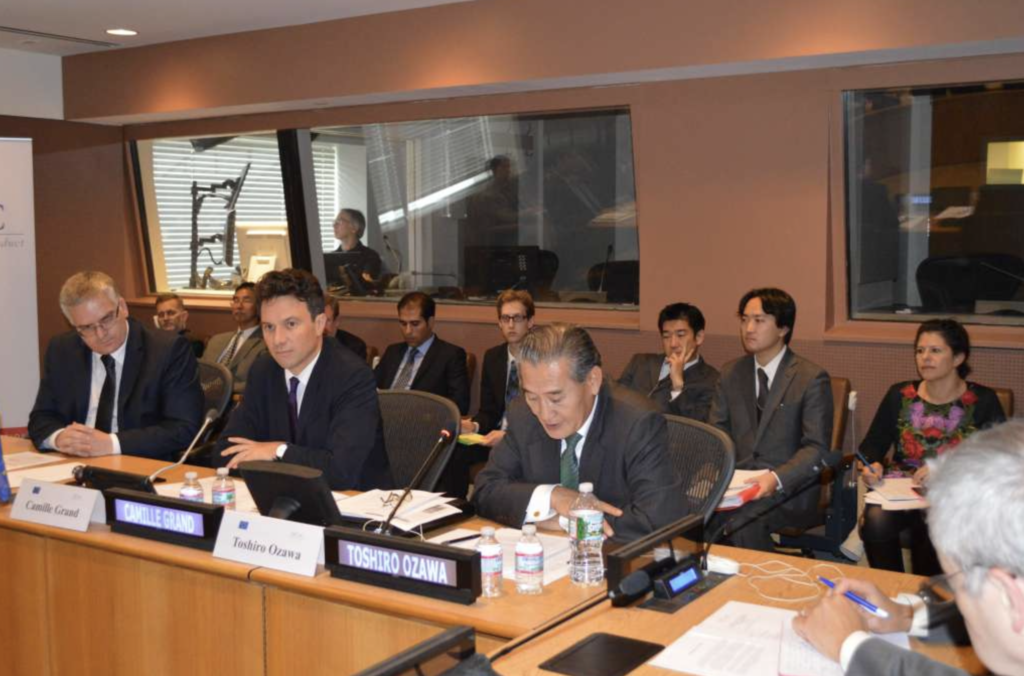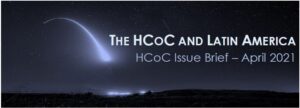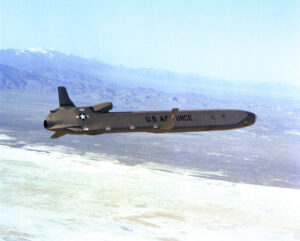New York outreach side event on HCoC 2013
11 October 2013
On 11 October 2013, the FRS organised, on behalf of the European Union, an outreach event in support of both the HCoC and ballistic missile non-proliferation. This meeting took place at the United Nations Headquarters in New York, in the margins of the UN General Assembly First Committee.

AGENDA
PRESENTATIONS
- Amb. Jacek BYLICA, Principal Advisor and Special Envoy for Non-Proliferation and Disarmament, European External Action Service
- EU action to promote the non-proliferation of WMD delivery systems
- Amb. Toshiro OZAWA, Permanent Representative of Japan to the International Organisations in Vienna; HCoC Chair
- The role of HCoC and the aims for the Japanese presidency
- Camille GRAND, Director, Foundation for Strategic Research
- Assessing and responding to current and future threats posed by ballistic missile proliferation


